
Young Russians Feel ‘Phubbed’ by Friends and Family
Researchers from HSE University, Saint Petersburg State University, Moscow Engineering Physics Institute (MEPhI), and Kostroma State University have analyzed data on internet addiction and ‘phubbing’ behaviour from the past decade. They found that more and more people are suffering from smartphone addiction. At the same time, situations in which communication is split into real and virtual formats are becoming part of everyday life, which is bad for our relationships. Although phubbing was found to be the new normal among young people, the respondents often feel like victims of phubbing and its negative consequences. The results are published in Monitoring of Public Opinion: Economic and Social Changes.
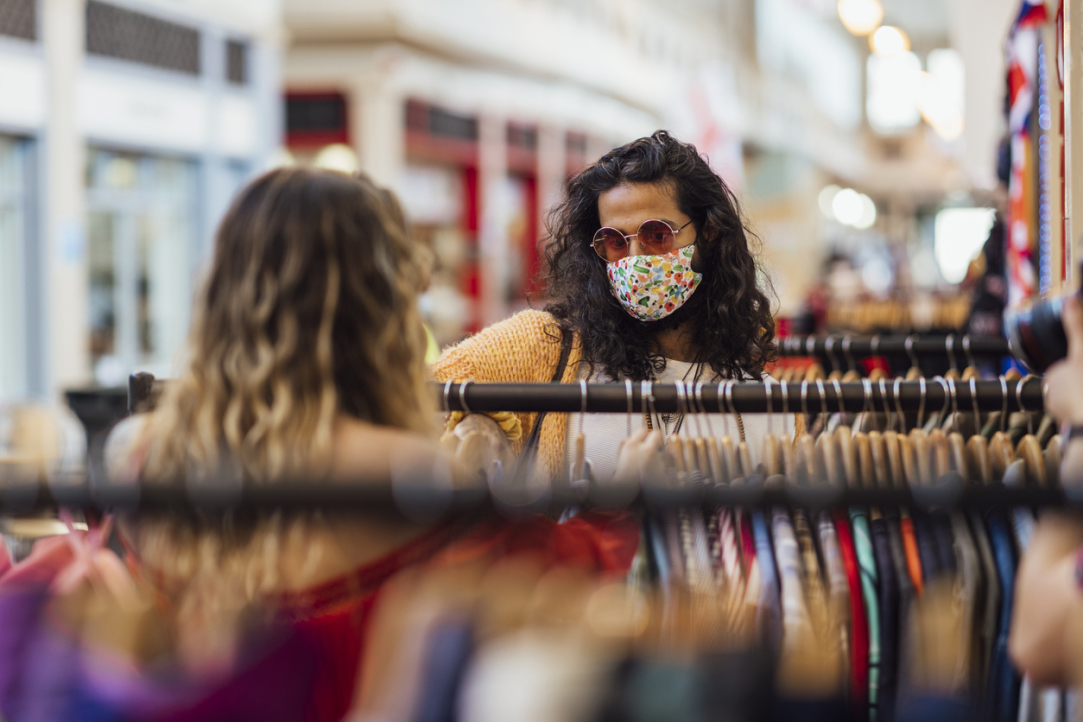
Fashion, As We Knew It, Is Disappearing
Fashion Theory journal Editor-in-Chief Liudmila Alyabieva explains how the pandemic has changed our wardrobe as well as expectations of the fashion industry — and ourselves.
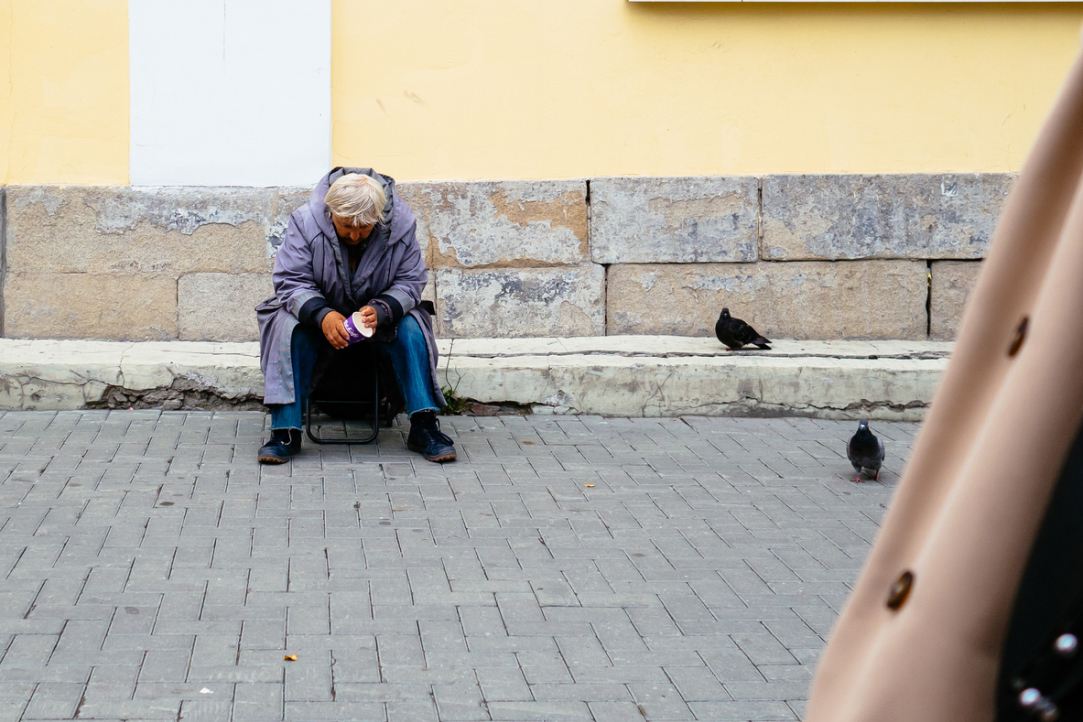
‘There Is Only One Solution to the Problem of Social Inequality: Information’
This September, work was in full swing at HSE University’s Laboratory for Psychology of Social Inequality. The laboratory, which was established in spring 2021, is the first research centre in Russia devoted to researching perceptions of inequality in various fields. IQ.HSE spoke to Elena Agadullina, head of the laboratory, about the research projects underway at the lab, the psychological mechanisms that support and maintain inequality, and Russia-specific trends in the field.

Higher Education Protects Women from Gender-based ‘Penalties’
Women typically earn 18%-20% less than men do with the same education, profession and personal characteristics, researchers from the Higher School of Economics found using data from an employment survey of young personnel. What’s more, this income gap has a cumulative effect, growing wider the longer a woman works. Education, however, significantly compensates for this ‘penalty’. IQ.HSE examined this issue with the help of a study by Margarita Kiryushina and Victor Rudakova.

Surviving on Zoom: How Teachers Have Adapted to Online Education
Teaching is a stressful job, and with schools and universities operating remotely over the last eighteen months, teachers’ worries have increased dramatically. In the latest in a series of articles on distance learning, IQ.HSE reports on research conducted by the HSE University Institute of Education on how teachers have been coping with stress.
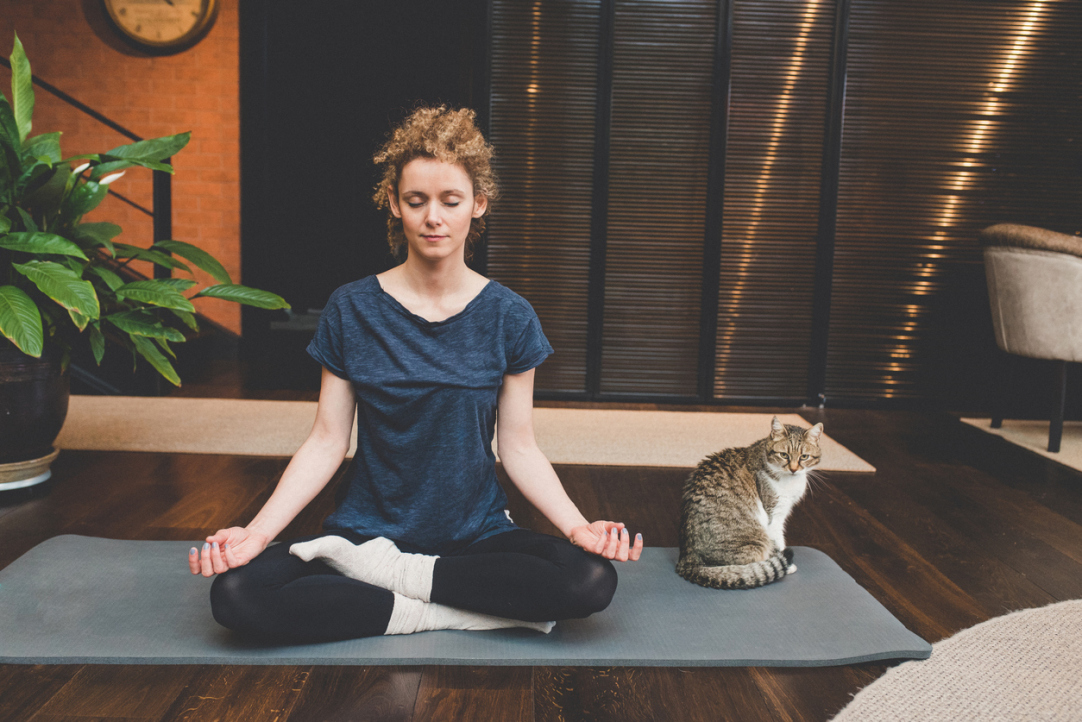
Meditation Has Greater Benefits for Intrinsically Motivated People with High Self-Control
HSE University researchers Evgeny Osin and Irina Turilina conducted an intervention study looking into the effectiveness of a short-term online mindfulness meditation course. They discovered that even after a three-week course of daily 10 to 15-minute meditation sessions, novice participants benefitted from improved emotional wellbeing, concentration, motivation and self-reflection. The practitioners were also less likely to fixate on negative thoughts. However, these effects only applied to people who already had sufficiently high levels of self-control and motivation to meditate and were thus less likely to give up on the practice. The research is presented in an article published in Applied Psychology: Health and Well-Being

Master’s Degrees Lead to Better Employment Prospects and Higher Salaries
Master’s programmes are gaining popularity in Russia. The number of master’s graduates now stands at 185,000 — more than three times the 2013 figure. In 2020, one fifth of admissions to Russian universities were for master’s programmes.
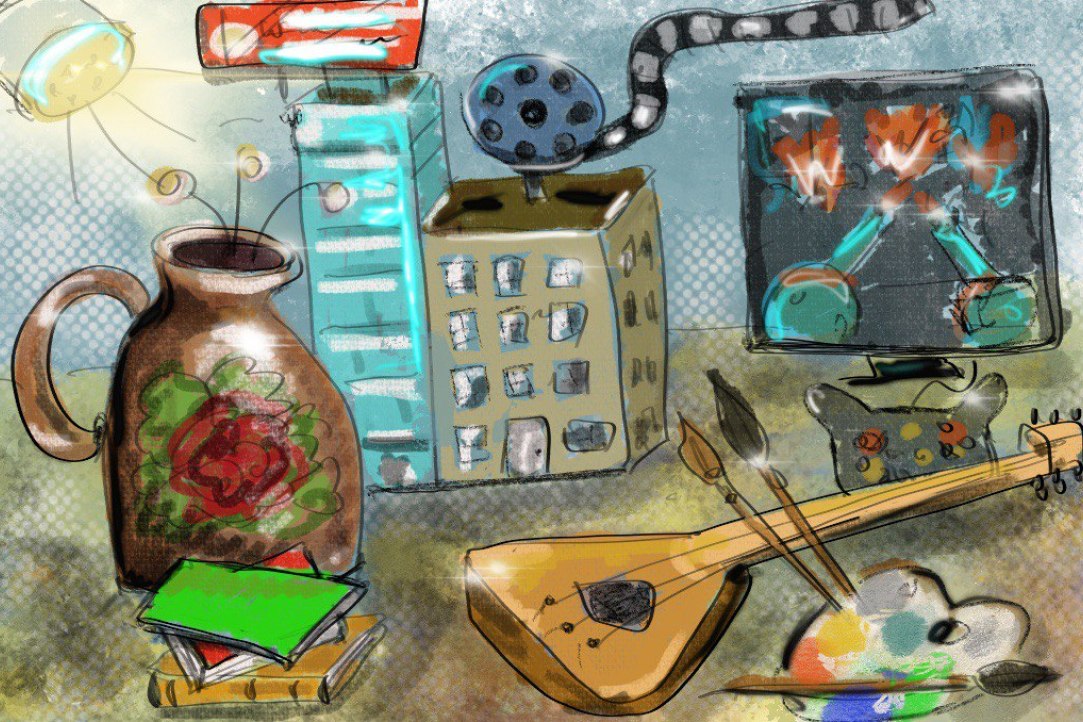
Creative Industries in Russia
Russia has 3.5 million people in creative occupations and 2.7 million employed by creative industries. IQ.HSE used data by the HSE Institute for Statistical Studies and Economics of Knowledge (ISSEK) to see how much these two figures overlap and how creative employment is different from creativity. Having assessed Moscow's creative economy, the experts have broadened their scope to Russia at large. The findings are published in the inaugural digest of the Human Capital Multidisciplinary Research Centre.
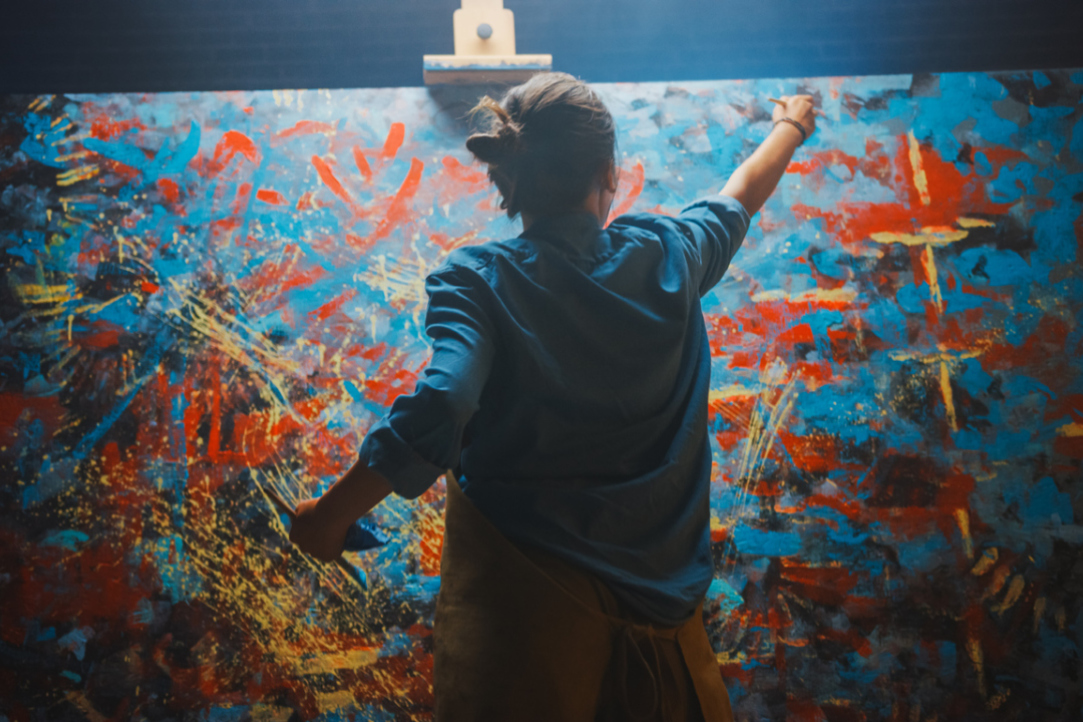
Research Shows That Creative Workers Are Motivated by Money and Social Guarantees More Than Artistry
Creators are also part of the job sector. Their work is increasingly oriented around commercial activities and in the pursuit of economic goals. As such, the organization of artists’ professional work and the motivations behind it are by no means unique. Rather, they straddle the line between ‘aesthetic’ and ‘market’ concerns.
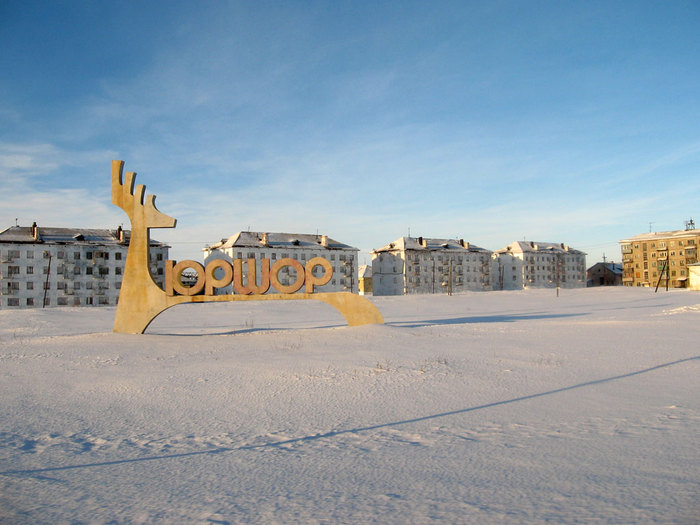
Shrinking Vorkuta: Depopulation and Decline of Russian Arctic Cities
In Soviet times, relocation to northern monocities was seen as an attractive option, with high pay and good perks, along with a well-developed infrastructure, perceived as offsetting the harsh climate. The situation is different today, with some cities on the verge of vanishing into extinction. A prominent and rather striking example of this process is Vorkuta in the Komi Republic. A team of researchers from the HSE and Politecnico di Milano, having examined the progressive shrinkage of this once booming monocity, concluded that the case of Vorkuta could suggest effective approaches to managing urban depopulation in the Russian Arctic.


Registration deadline - April 30